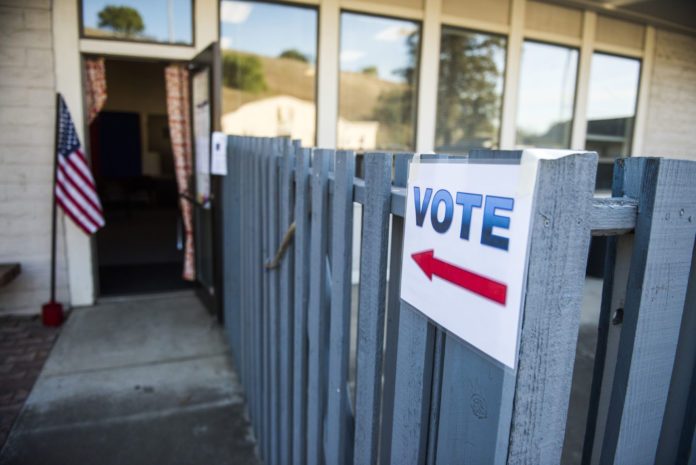Almost one year ago, City Manager Bill Avera reminded the Hollister City Council during the Dec. 21, 2015 meeting about discussions on medical marijuana, and he provided them with the urgency ordinance adopted several years ago as well as the ordinance adopted by the city that prohibits dispensaries within city limits.
At a special city council meeting on Jan. 25 this year, the council met for the one agenda item to be discussed: a review of the city’s medical marijuana ordinance. By the end of that meeting, the council voted to form an ad hoc committee to collect information toward writing a medical marijuana ordinance to rescind the existing ban on such operations in Hollister.
In the last 12 months, cannabis industry operators and investment speculators lobbied elected officials with hopes and dreams of doing big business in Hollister. There have been rumors of cannabis industry speculators risking “Earnest Money” deposits on ag-zoned properties in preparation for a so-called “Green Rush”, named after the California Gold Rush of 1849.
In July, anti-cannabis activists quickly organized an effort to resist the progress and momentum the ad hoc committee had made towards the Medical Marijuana ordinance draft. They expressed fears and concerns that allowing medical marijuana operations in Hollister would put minors at risk of easier access to an illicit substance in the community.
To the credit of elected officials serving on ad hoc committees on the Hollister City Council and the San Benito County Board of Supervisors, tours of medical marijuana operations in San Benito County, Monterey County and Santa Clara County were conducted in order to gain a realistic perspective of how those nonprofit businesses meet the needs of their patients, create jobs, pay taxes and license fees in accordance with local regulations in the respective jurisdictions.
It appears that throughout this high-stakes public process, a consensus and compromise has been crafted and the final ordinance draft—Ordinance No. 1131, an ordinance of the city council amending and restating Chapter 5.42 “Medical Marijuana Facilities Regulatory Permit” of the Hollister Business Code—may be deliberated and voted on during the Dec. 19 Hollister City Council meeting.
Rumors of dissent, protest and threatened petitions for elected officials to be recalled as a result of a “Yes” vote by anti-cannabis activists create a certain controversial community environment.
Even in the wake of San Benito County voters supporting California’s Prop. 64—the so-called Adult Use of Marijuana Act and existing MMRSA laws signed by Gov. Jerry Brown in 2015 to “trace, track, tax and regulate Medical Marijuana from seed-to-sale by Jan. 2018”—anti-cannabis activists do not seem prepared to accept the will of a 55% majority of fellow community members who support the new cannabis laws.
On December 13, 2016, the National Institutes of Health issued a News Release citing “Teen Substance Use Shows Promising Results”—“survey shows use of most illicit substances down, but past year marijuana use relatively stable.” The National Institutes of Health (NIH), a part of the U.S. Department of Health and Human Services, is the nation’s medical research agency—making important discoveries that improve health and save lives.
Some would argue that America’s state-by-state regulation of cannabis as medicine and even adult recreational use in the last three years has contributed toward the decline of illicit substance abuse by American teens. Certainly, illicit drug dealers and cartels whom exploit opportunities to sell such drugs to the teen population are challenged by the nascent taxed and regulated medical marijuana laws through a decreased market for illegally-grown cannabis.
But in my opinion, the bottom line is this: sick and dying patients or their caregivers deserve safe access to quality assured medical cannabis products in Hollister and San Benito County. I express that opinion on behalf of a ‘silent majority’ of other patients who do not want to come forward and be recognized for using medical cannabis products for fear that their professional lives or reputations in our community may be compromised by such a disclosure.
I hope the Hollister City Council recognizes this critical community need and votes to end its ban on medical cannabis operations in its jurisdiction that discriminates against the sick, injured and dying who suffer under existing circumstances that sustain Prop. 215 legal medicinal product transactions as an illegal, untaxed, unregulated and criminal enterprise in our community.
Michael Smith is a Prop. 215 medical marijuana patient and Stage 3 cancer survivor in Hollister.










